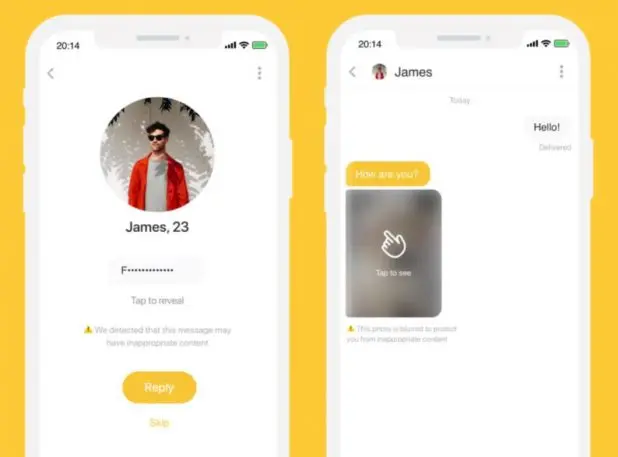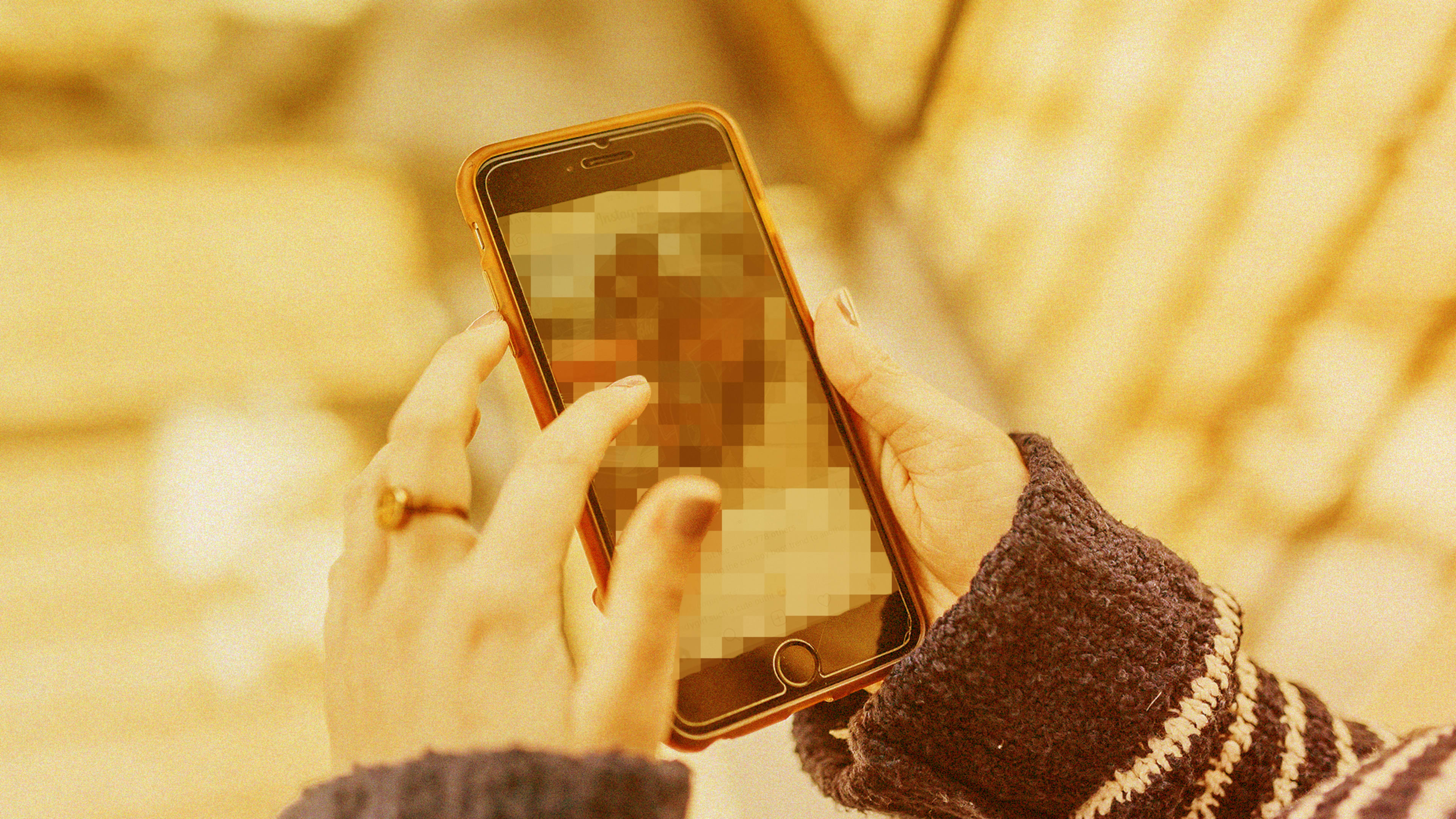Starting in June, users of the popular dating app Bumble will automatically have access to a tool that blocks lewd images from being sent through the service, the company says.
The AI-based tool, dubbed Private Detector—think “private parts”—will also be included on dating apps Badoo, Chappy, and Lumen, according to a statement from Andrey Andreev, founder of Badoo. Badoo owns a majority stake in Bumble.
Explicit images that are detected by the system, which the company says has 98% accuracy, will automatically be blurred. Users who get such images will get to choose whether or not to view them—and whether to report them to moderators.
“The safety of our users is without question the number one priority in everything we do and the development of ‘Private Detector’ is another undeniable example of that commitment,” said Andreev in a statement. “The sharing of lewd images is a global issue of critical importance and it falls upon all of us in the social media and social networking worlds to lead by example and to refuse to tolerate inappropriate behavior on our platforms.”
A 2017 YouGov survey reported that more than half of millennial women had received nude images electronically, with more than 75% of the women who received them reporting getting them without asking.

“The digital world can be a very unsafe place overrun with lewd, hateful, and inappropriate behavior,” she said in a statement announcing the new feature. “There’s limited accountability, making it difficult to deter people from engaging in poor behavior.”
Bumble has already implemented restrictions on material posted to its service, including banning indoor swimwear photos, underwear photos, and pictures featuring guns. The company has also banned hate speech and symbols from the app. A Bumble spokesperson says AI is already in use to help detect guns and hate material in public profiles.
Badoo itself has faced criticism in the past for being overly eager to email users’ uploaded contacts, inviting them to the site. The service says it does “process some limited data (demographics and location) to drive targeted advertising in our legitimate interest including sharing such data with advertising networks,” although users can prevent this through the app’s settings.
“Our users’ privacy is of utmost importance to us and we comply with all relevant legislation, including, where applicable, GDPR,” the company said in a statement emailed to Fast Company. “We have also implemented appropriate security measures to protect and prevent the loss, misuse, and alteration of information under our control. More details can be found in our privacy policies online.”
Recognize your brand’s excellence by applying to this year’s Brands That Matter Awards before the early-rate deadline, May 3.
